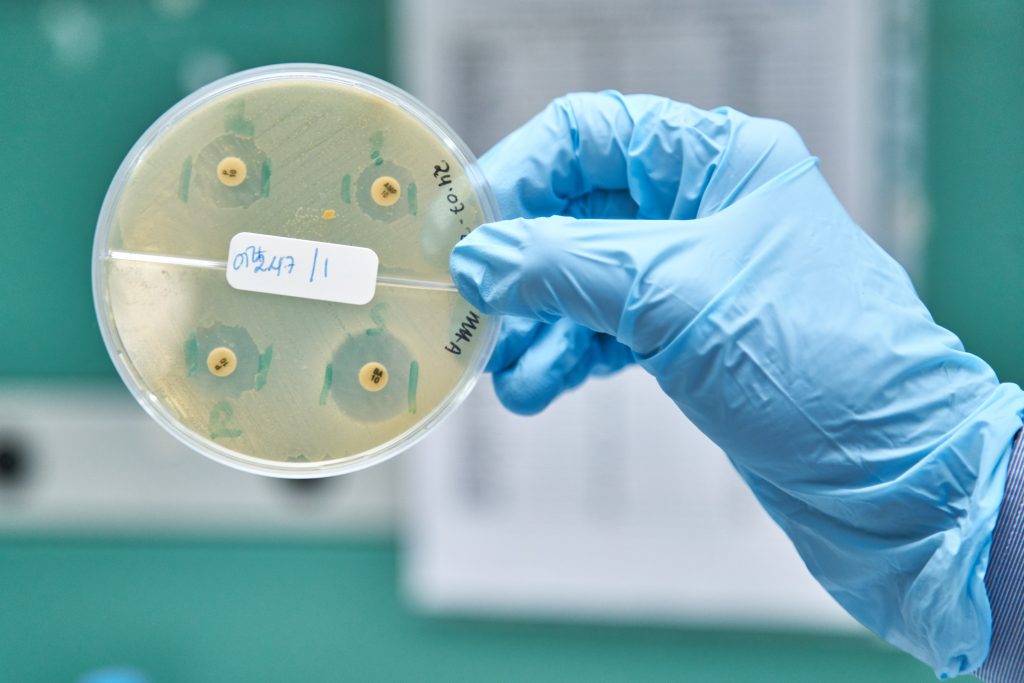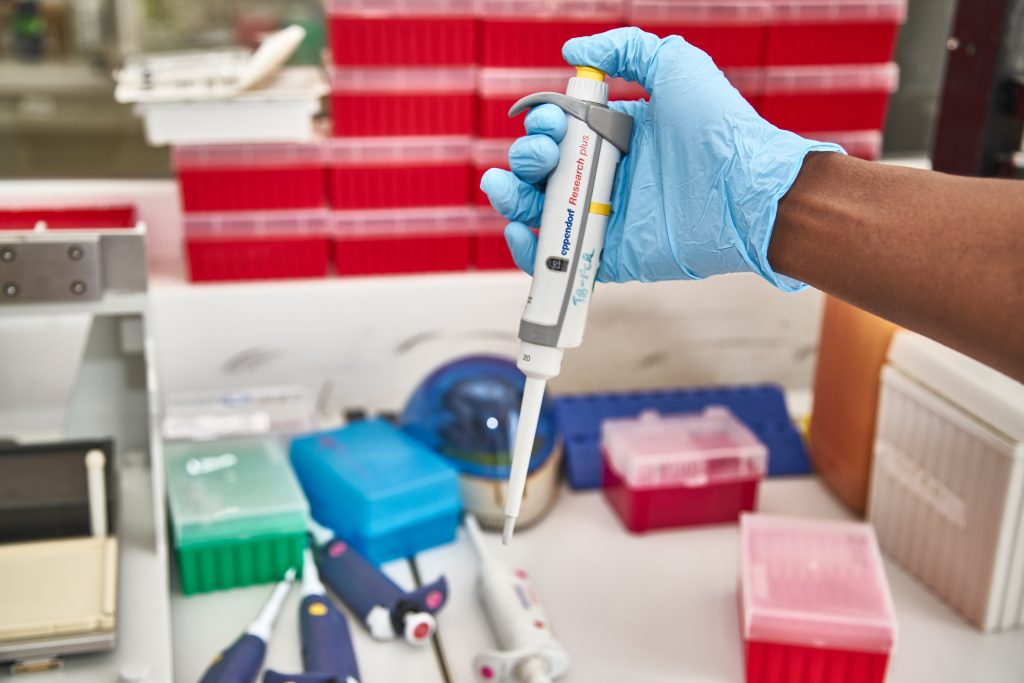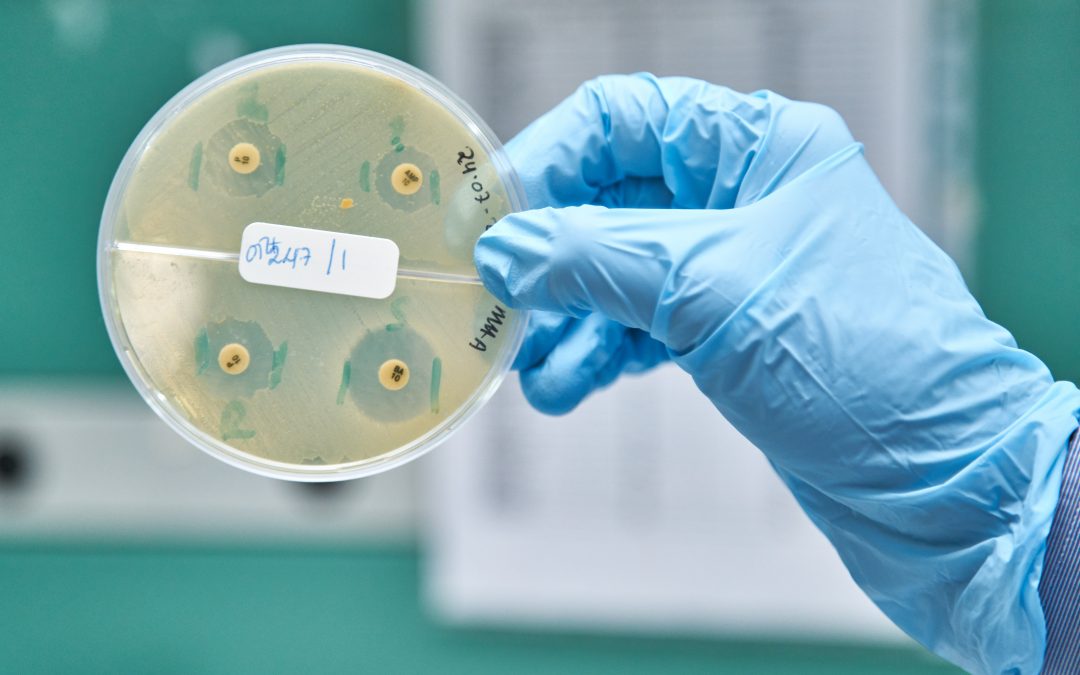
Our partners at PATH work hard to make sure that thei innovations they are developing to fight diseases of poverty get into the hands of the people that need them most. In December 2018, PATH published a report on one of the issues that stops them doing this – different regulatory regimes. Here. Jenny Blair, Policy & Advocacy Officer, PATH, and Cécile Vernant, Head of EU Office at DSW, talk through what this means and what Europe can do to improve the situation.
Scientific advances in recent years have led to the creation of new vaccines, medicines, diagnostics, and devices that have saved millions of lives. Unfortunately, long delays in getting them approved and into the hands of the people that need them keep them from realising their full potential, especially in low- and middle-income countries (LMICs). A recent study found that the lag in regulatory approval of new health products in sub-Saharan Africa is typically four to seven years after first regulatory submission in high-income countries. Those delays can mean the difference of life or death for thousands of patients waiting foraccess to these potentially life-changing treatments.
PATH’s new report published today sets out why the global health community needs to urgently accelerate these processes,and what is needed from policymakers to do this. “Making the case: how regulatory harmonisation can save lives in Africa”demonstrates that by accelerating the timeline for registration and scale-up of only two emerging medicines, more than 23,000 lives could be saved in just two regions of Africa.
Obstacles to effective regulation
The regulation of health products is an essential aspect of a functioning health system. National regulatory authorities (NRAs) play a critical role in ensuring the safety and efficacy of research, its compliance with high ethical standards,and the timely access to quality-assured, safe, and effective health products.
And yet, many LMICs face obstacles to effective regulation, including insufficient funding and technical expertise, causing delays throughout the product development process. In order to improve regulatory capacity and infrastructure in Africa, a number of countries are working to harmonise with their neighbours—through pooling resources (both technical and financial), sharing information, and increasing collaboration across countries to ensure the efficient evaluation of health products.
Regulatory harmonisation across Africa has been endorsed at the highest political levels, and efforts to harmonise regulatory policies across regional economic communities are already having positive impacts. For example, drug approval times have already been reduced by half in the East African Community (EAC). However, there is still along way to go to ensure universal access to essential treatments and health products in Africa. Harmonisation efforts must be expanded to cover all essential health products and across all core regulation phases, and the African Union Model Law onMedical Products Regulation must be enshrined into law and implemented by each member state.
EU ideally placed

The EU is ideally suited to support regulatory harmonisation efforts in Africa. The EU is the region’s leading trade partner, and the largest donor of development cooperation and humanitarian aid to Africa. It is also a global leader inresearch and innovation with a highly harmonised medical regulatory system,despite the important differences in regulatory resources and capacities amongits member states. The EU already supports Sub-Saharan African countries tobuild their regulatory and ethics research capacities, in particular throughthe European and Developing Countries Clinical Trials Partnership (EDCTP). The European Medicines Agency (EMA) is also providing technical assistance to African regulators and has facilitated the approval of over one hundred health products worldwide –especially in LMICs– through its Article 58 procedure.
On the other hand, EU’s support to harmonisation remains untapped: increased commitmentis needed from the EU to move currentefforts from bespoken collaborations to institutionalised cooperation with Africa.Last year, DSW and PATH together issued a report highlighting ways the EU could explore to accelerate collaboration in this area, by harnessing EU initiatives supporting African countries and regions to strengthening their health systems and achieving universal health coverage.
The EU’s next Multiannual Financial Framework (2021-2027) and the renewal of the agreement that governs relations between African, Caribbean and Pacific States and the EU (ACP-EU Partnership) are both precious opportunities to build up financial and political momentum for speeding up access to healthcare in Africa. PATH’s report demonstrates the very real impact of regulatory harmonisation in this goal. It is now up to policymakers to match longstanding political commitments with timely funding and resources.

